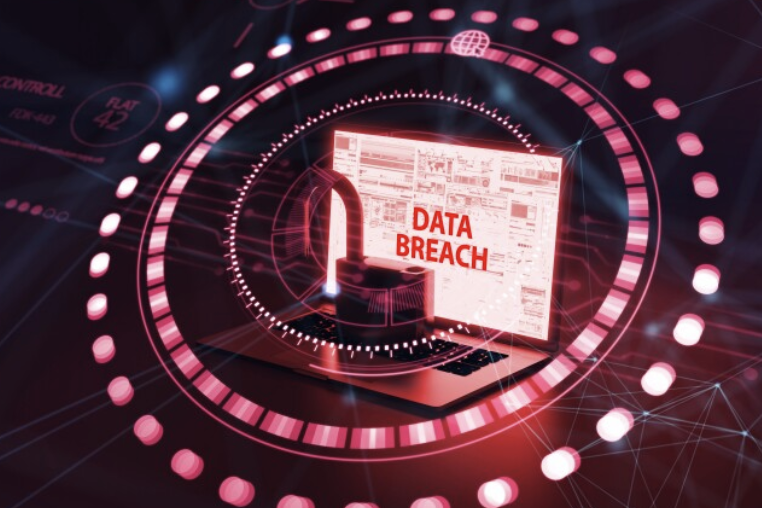
In a recent revelation, cybersecurity researcher Jeremiah Fowler uncovered a significant data breach and promptly reported his findings to vpnMentor. The breach exposed a non-password protected database containing over 200,000 records, including sensitive files with Personally Identifiable Information (PII) of students and parents. The incident highlights the critical need for heightened cybersecurity measures to protect personal data in an era of increasing digital threats.
Fowler, a renowned cybersecurity researcher, stumbled upon the unprotected database during a routine investigation. The compromised records encompassed a range of sensitive information, including names, addresses, contact details, and other personal details of students and their parents. The files discovered were not only extensive but also included PII, raising concerns about the potential misuse of this data.
Upon making the discovery, Fowler promptly reported the breach to vpnMentor, a leading cybersecurity research firm. The company, known for its dedication to identifying and addressing data security vulnerabilities, is now working in collaboration with relevant authorities to secure the exposed database and investigate the source of the breach.
In an official statement, Fowler emphasized the urgency of addressing such vulnerabilities: “The scale of this data breach is deeply concerning. The exposed information could be exploited for identity theft, fraud, or other malicious activities. It underscores the importance of robust cybersecurity practices and continuous monitoring to protect individuals’ sensitive information.”
The affected individuals, primarily students and parents, are urged to take immediate steps to mitigate potential risks:
- Monitor Personal Accounts: Regularly check bank statements, emails, and other accounts for any suspicious activity. Report any unauthorized transactions or communications promptly.
- Change Passwords: If any passwords were stored in the exposed database, change them immediately. Use strong, unique passwords for different accounts to enhance security.
- Stay Informed: Keep abreast of updates from vpnMentor, the NPC, and relevant authorities for the latest information on the breach and any recommended actions.
- Beware of Phishing Attempts: Exercise caution when receiving unexpected communications, and avoid clicking on links or providing personal information unless the source is verified.
This incident underscores the critical role that cybersecurity researchers play in identifying and addressing potential threats to digital privacy. It also serves as a wake-up call for organizations and institutions to prioritize the implementation of robust security measures to protect the sensitive information of individuals entrusted to their care.


